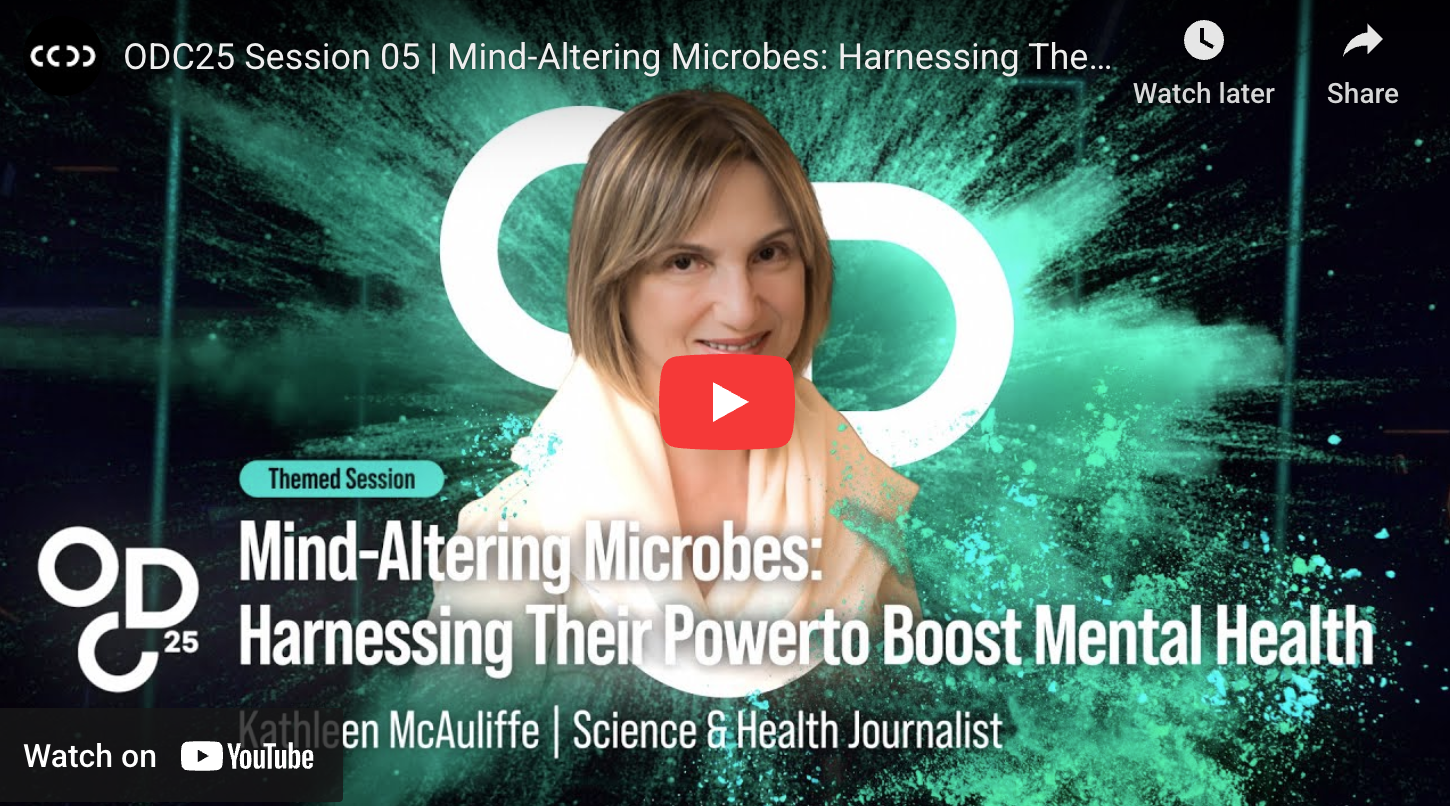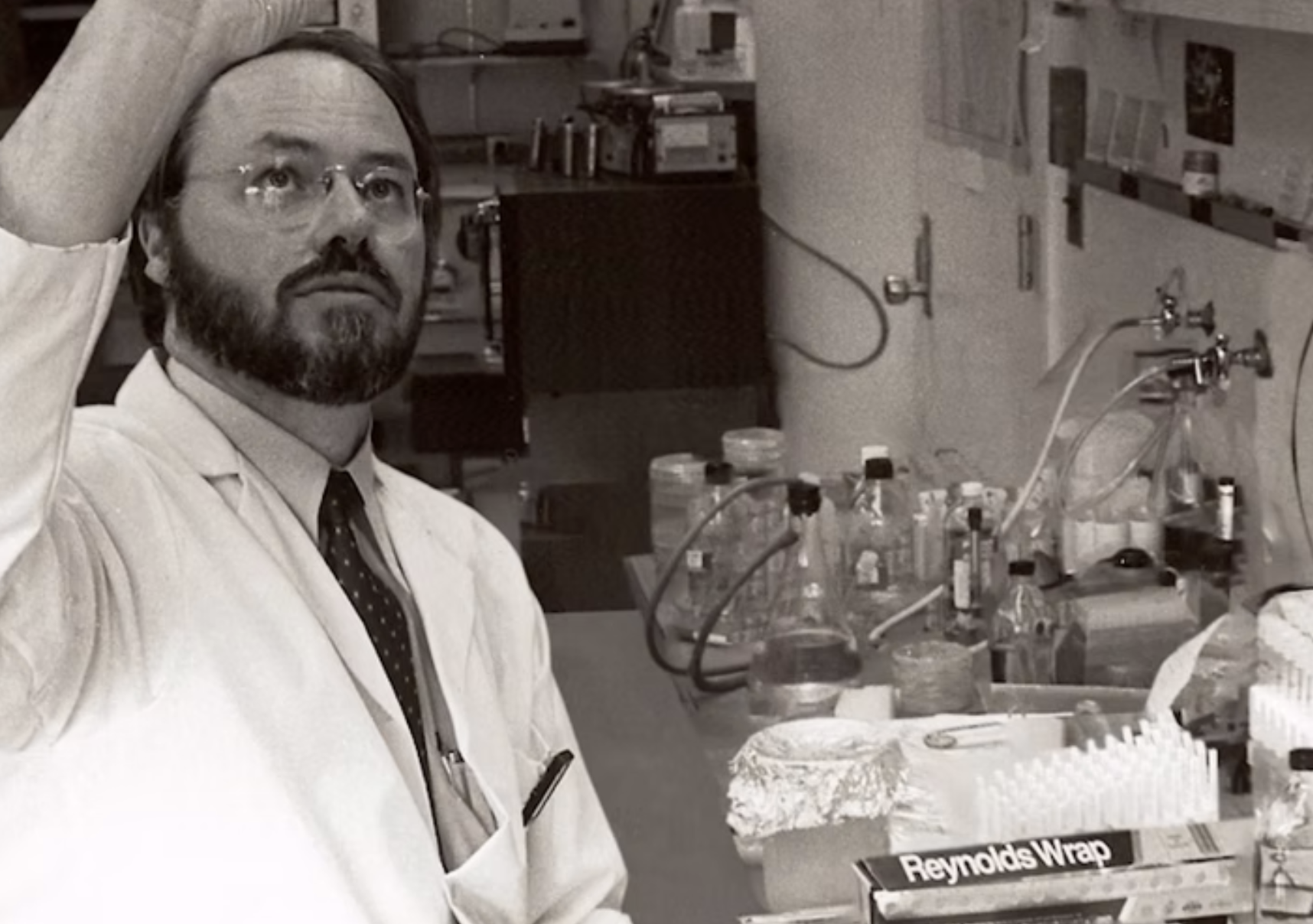Korean zombie content has gained significant international recognition. Following “Kingdom” and “All of Us Are Dead,” “Zombieverse: New Blood” continues to captivate audiences on Netflix. Zombie narratives have transcended mere entertainment, emerging as a cultural phenomenon that reflects both the potential and risks of modern biotechnology.
Most zombie stories revolve around mysterious pathogens that transform humans into zombies. While fictional, these narratives share common ground with real scientific concerns. Natural examples like rabies virus or certain parasites that alter host behavior serve as foundations for biotechnology research. The “Zombieverse” series dramatizes these concepts, prompting viewers to imagine potential catastrophic outcomes when scientific exploration goes unchecked.
Modern biotechnology, through gene editing (CRISPR-Cas9) and synthetic biology, is opening new frontiers. Scientists are conducting experiments to revive dead cells and manipulate pathogen genes, achieving breakthrough developments in medicine and agriculture. However, these advances come with concerns about potential misuse or insufficient oversight. The drama explores this duality of scientific progress, dramatically illustrating how uncontrolled biotechnology could impact humanity and society.
Zombies often symbolize loss of control and social anxiety in popular culture. “Zombieverse” leverages this symbolism to pose ethical questions about how humans handle life sciences and scientific advancement. When human ambition materializes through scientific progress, are we adequately prepared for the associated risks? Particularly, pathogen research in laboratories and synthetic virus experiments increase the possibility of global pandemics – concerns that have become more tangible in the post-COVID-19 era.
While “Zombieverse: New Blood” is a thriller based on scientific imagination, its message resonates beyond fiction. The series bridges science and popular culture, making complex bioethical issues accessible to viewers. It explores the possibilities and dangers of technological advancement, ultimately emphasizing the need to balance scientific curiosity with social responsibility. While zombies remain fictional, the underlying scientific and ethical questions pose real challenges for our society.






